The challenges of 2016
The main challenge of the international community in 2016 is to find solutions to the problems that dominated 2015, such as the terrorist threat, migration and the situation in Syria.
Warning: Trying to access array offset on null in /home/web/rri.ro/public/wp-content/themes/rri/template-parts/content.php on line 53

Warning: Trying to access array offset on null in /home/web/rri.ro/public/wp-content/themes/rri/template-parts/content.php on line 98
Corina Cristea,
01.01.2016, 14:16
The main challenge of the international community in 2016 is to find solutions to the problems that dominated 2015, such as the terrorist threat, migration and the situation in Syria. While the wounds of the terrorist attacks in France are still raw, their implications are far-reaching. In Syria, where the terrorist group the Islamic State consolidated its position, the situation remains complicated, so there are little chances the main cause of massive migration will disappear anytime soon. But just how vulnerable is Europe? The director of the Centre for Conflict Prevention and Early Warning and former presidential advisor for strategic affairs and security Iulian Chifu says that at this moment, if one EU country is vulnerable, then the entire Union is vulnerable.
Iulian Chifu: “We saw what happened in certain districts in Brussels and in certain, relatively big areas in France where, after the latest attack in Paris at the Bataclan, the authorities had to use force to conduct searches and try to eliminate or control to some extent these pockets of criminality, radicalism, Islamism and Jihadism and all its components. Automatic assault weapons can be moved today across Europe, as well as the explosives used in terrorist attacks, as the enemy is already among us.”
Iulian Chifu warns that we are no longer dealing with the so-called “lone wolves” of a past era, but with coordinated attacks and genuine guerrilla armed with automatic weapons and operating in the centre of the European capitals. It does help, says Chifu, that we are aware of the threat, so all of Europe’s security structures are on alert. The EU foreign policy chief Federica Mogherini has said we are facing many big challenges both inside and outside the European Union. She added that a “pragmatic and concrete approach is needed” during the upcoming Dutch presidency of the European Union starting on January 1st.
The Dutch presidency will have the key role of mediating between the 28 member states concerning some very important issues. The Dutch Prime Minister Mark Rutte says the problem of migration needs to be solved as soon as possible. He has voiced his irritation by the fact that the entire responsibility for the refugee crisis lies on the shoulders of the western countries, that many eastern countries do not accept refugees and the external border issue has not been solved yet, in particular the border between Greece and the rest of the world, which, besides the agreement with Turkey, are all very important. “We must cooperate if we want to put an end to extremism”, said Mark Rutte, who also stressed the fact that the Dutch presidency would be extremely pragmatic, focusing on solving common issues.
In 2016 all eyes will be set on the US, due to the presidential election in that country, but also on the east, more particularly on Russia, which is involved in several conflicts and will therefore have to make several decisions, as the European sanctions against it have been extended and even toughened. As for Romania, 2016 is an election year too.
Here is political analyst Iulian Chifu again: “ It is an extremely important year. It is the first electoral succession after the presidential elections of 2014 and I believe that this year’s elections will substantially mark Romania’s evolution until 2018, when we will celebrate one hundred years since the formation of the Romanian unitary state. From this point of view, we have two powerful, solid political forces, faced will little opposition from the other parties, which stand little chances of acceding to Parliament. Obviously, it all depends on the way in which the leadership structures of the two big parties will be managed, as well as their openness, their reorientation and observance of the moral principles demanded by the people who protested in the street. I think it will be a turning point for Romania. What is certain is that 2016 will mark our lives for the next four years and it’s worth getting involved as much as possible.”
In the Romanian President’s opinion, the stake in 2016 will be to reconstruct trust in politicians and their capacity to lead the country in the right direction.
President Klaus Iohannis: “Rebuilding trust in the political class is the theme that I propose for next year. Rebuilding trust in democratic institutions, in politics as such, in parties and those who represent them. Today I’m conveying this message of renewal in the name of all Romanian citizens.”
President Klaus Iohannis has also voiced hope that the authorities will ensure the necessary background for voting outside Romania’s borders to take place in good conditions and has added that ‘educated Romania’ should become a new country project.





























